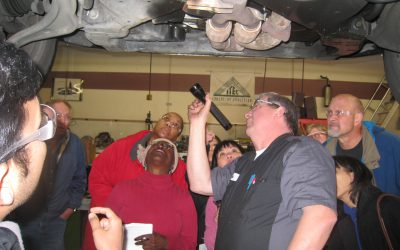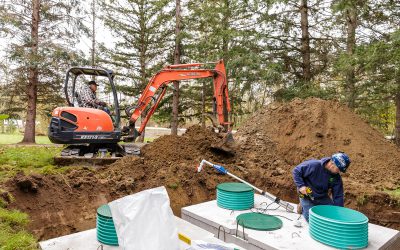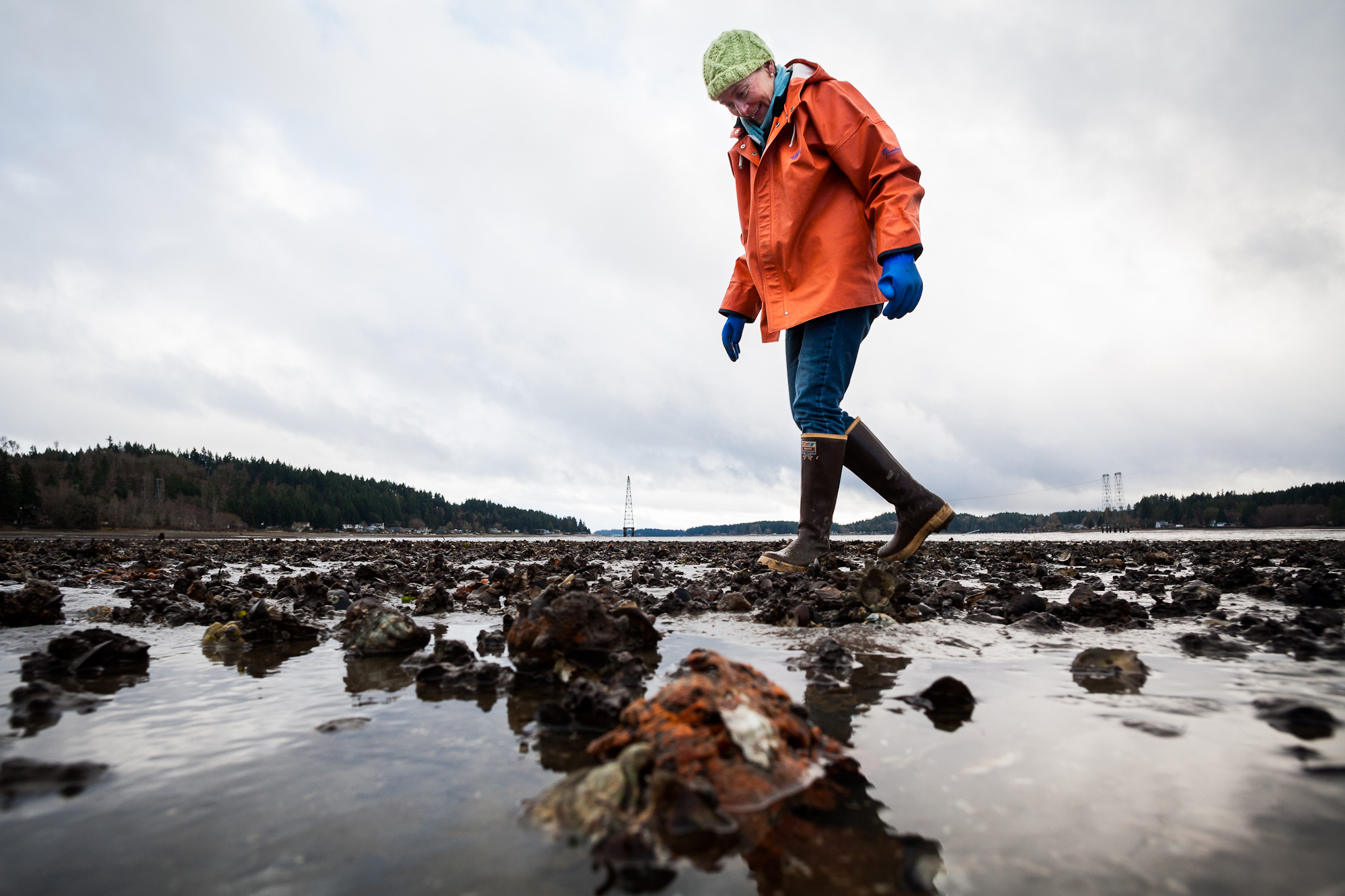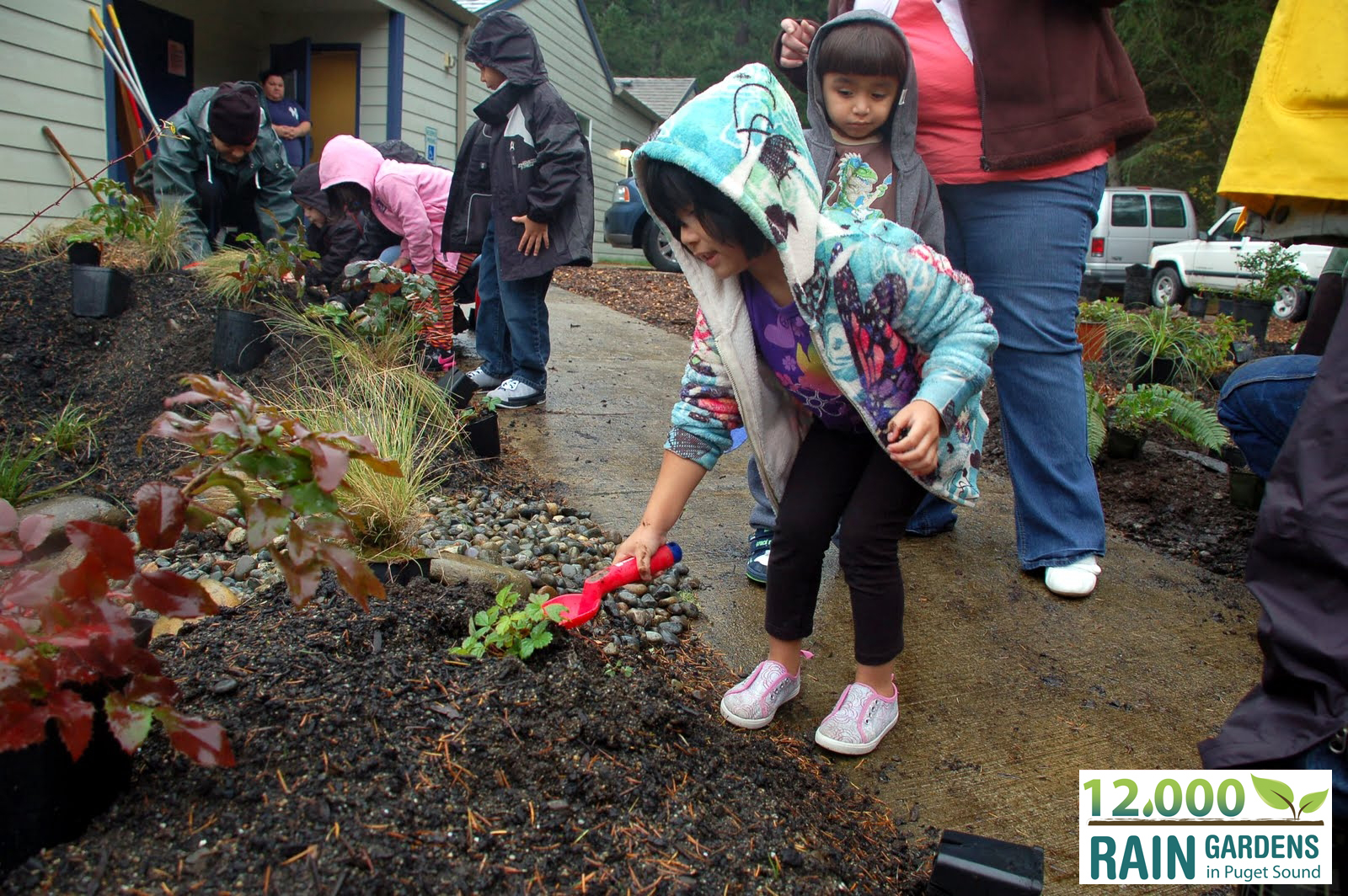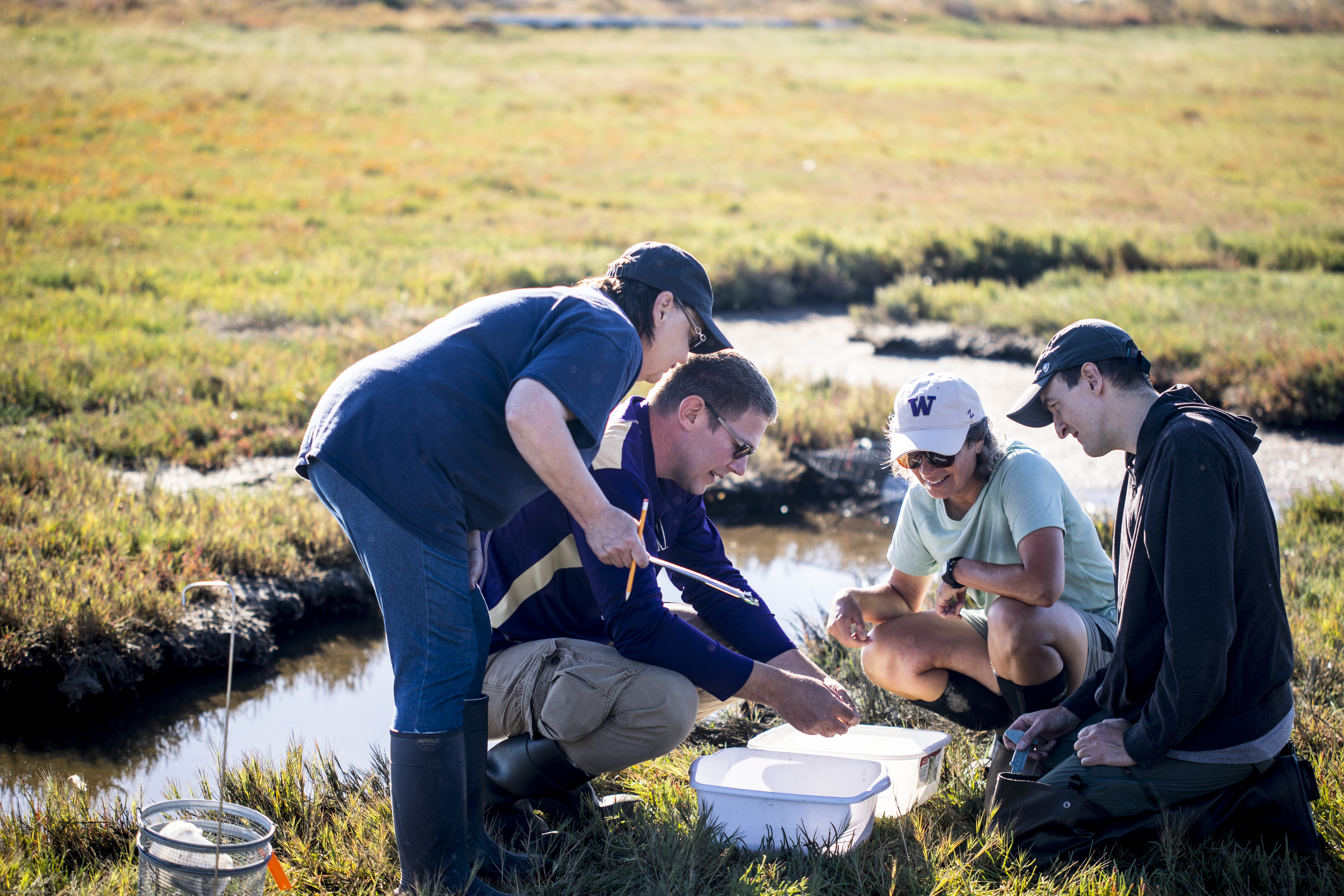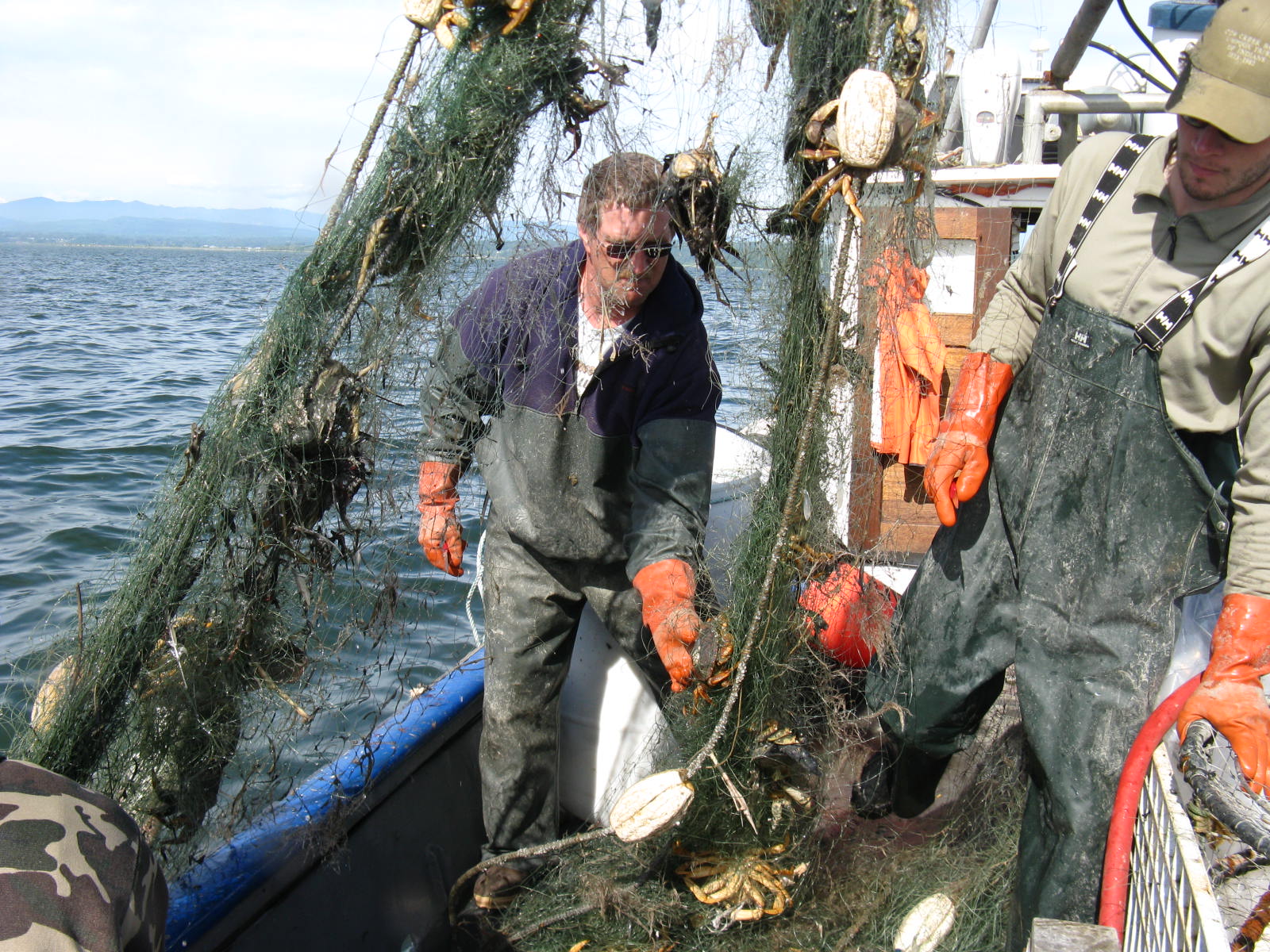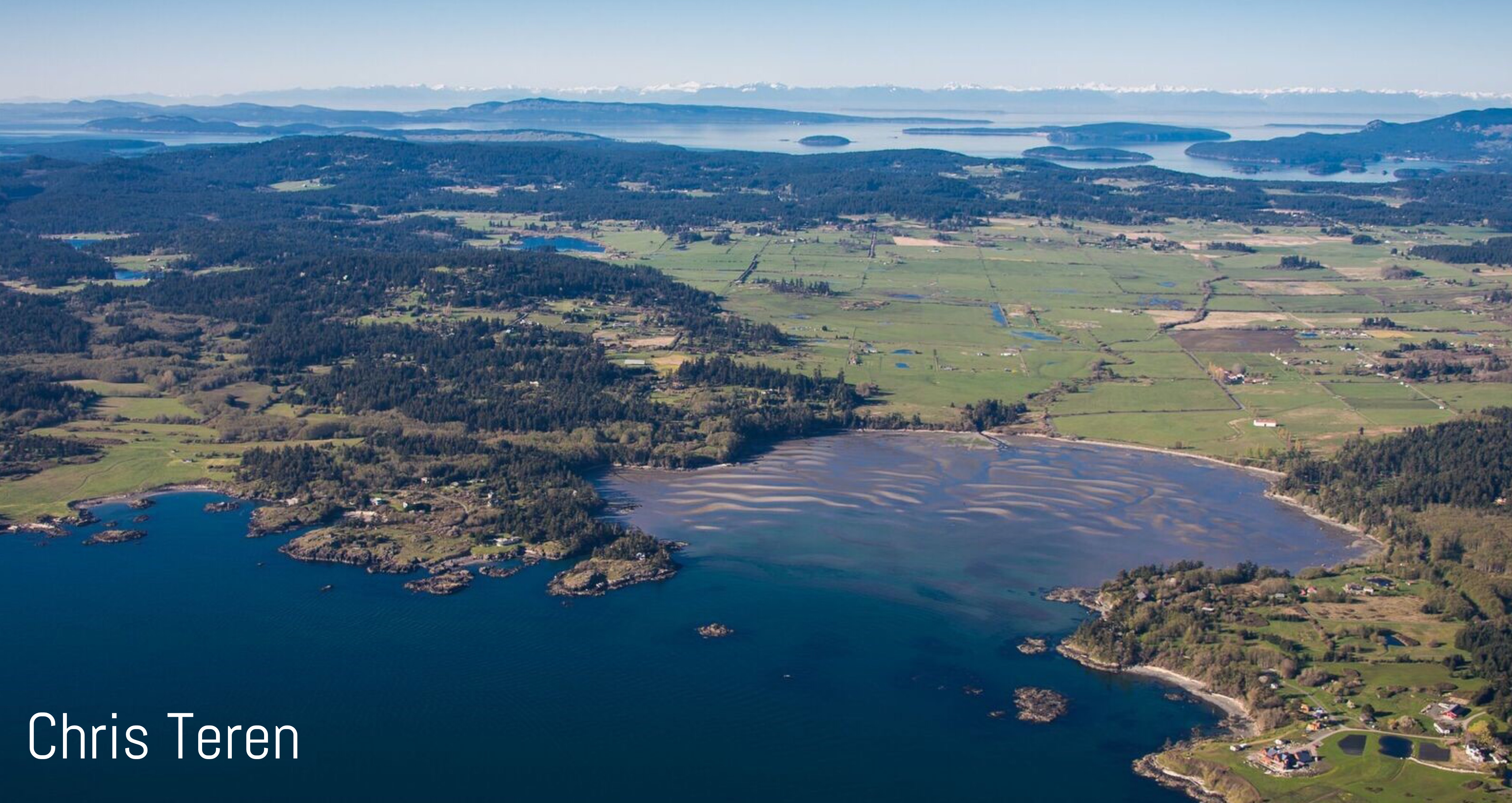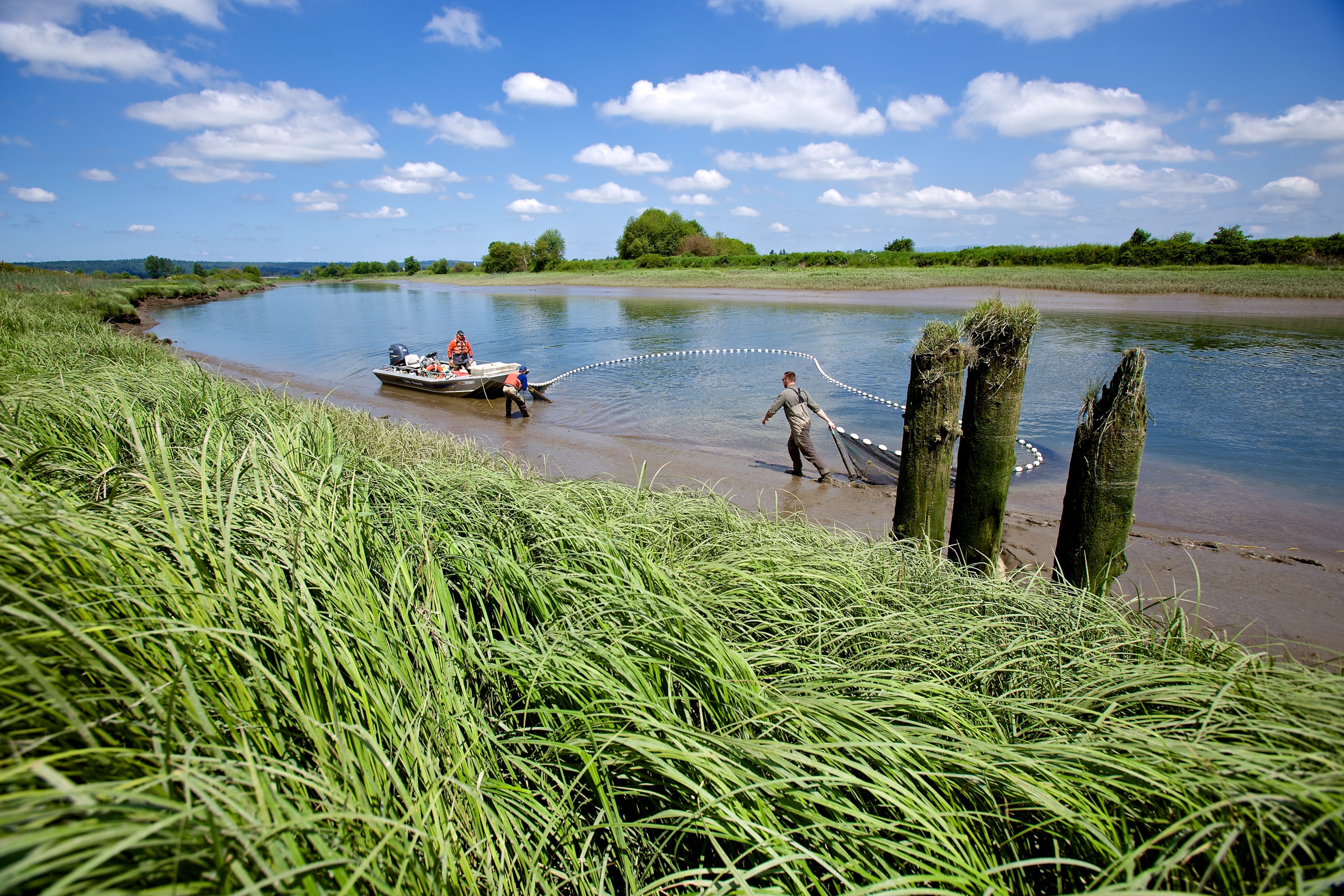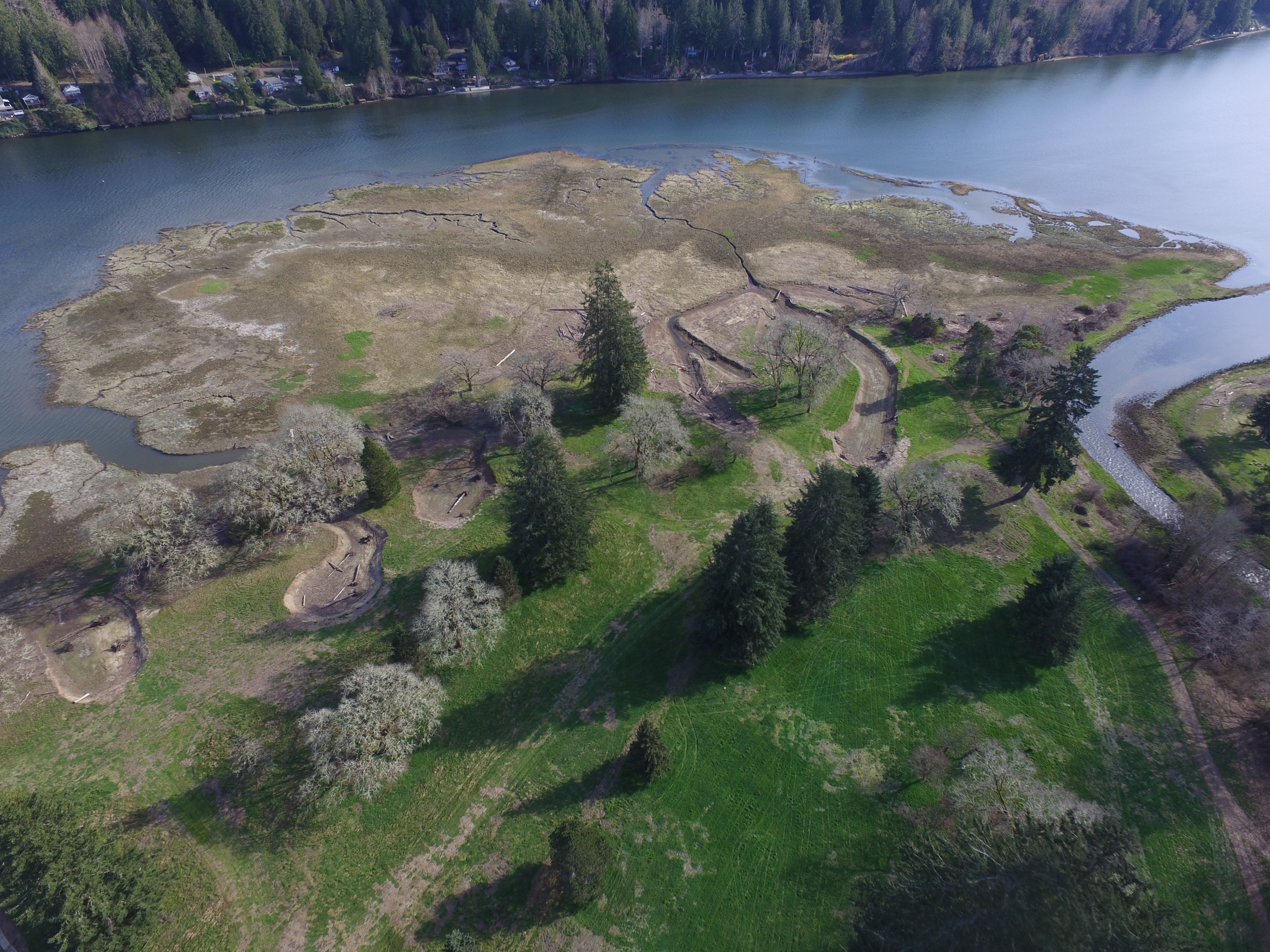Helping drivers prevent pollution from drips and leaks Each year, vehicles driving around Puget Sound leak approximately 7 million quarts of vehicle fluids, including motor oil, fuel, lubricants and more into the Puget Sound watershed. Oil and other petroleum products...
Regional On-site Sewage System Loan Program
Helping homeowners repair or replace failing on-site sewage systems The Regional On-site Sewage System Loan Program (RLP) in Washington State consolidates multiple county-level on-site sewage system loan programs into a single public-private partnership between the...
Olympia Oyster Restoration
Rebuilding native oyster beds and important habitat The Olympia oyster is Washington's original oyster. As our only native oyster species, they help keep our estuaries healthy by providing habitat for a diverse community of organisms. The oysters grow in aggregations,...
Washington Sea Grant Crab Team
Engaging citizen science volunteers to protect the Salish Sea from invasive European Green Crab The European green crab is listed by the International Union for Conservation of Nature (IUCN) as one of the world's 100 most damaging invasive species. European green...
Puget Sound National Coastal Wetlands Conservation
In early 2017, the U.S. Fish and Wildlife Service awarded the Washington State Department of Ecology with $4.7 million in National Coastal Wetlands Conservation grants to fund six projects to restore and protect wetlands in Puget Sound and the Grays Harbor area. The...
Salish Sea Marine Survival
Endangered Species Act listed Puget Sound Chinook salmon populations have plummeted by 50% since the mid-80s and steelhead have experienced even steeper declines. Research points to marine survival as the missing link to recovery. The Salish Sea Marine Survival...

